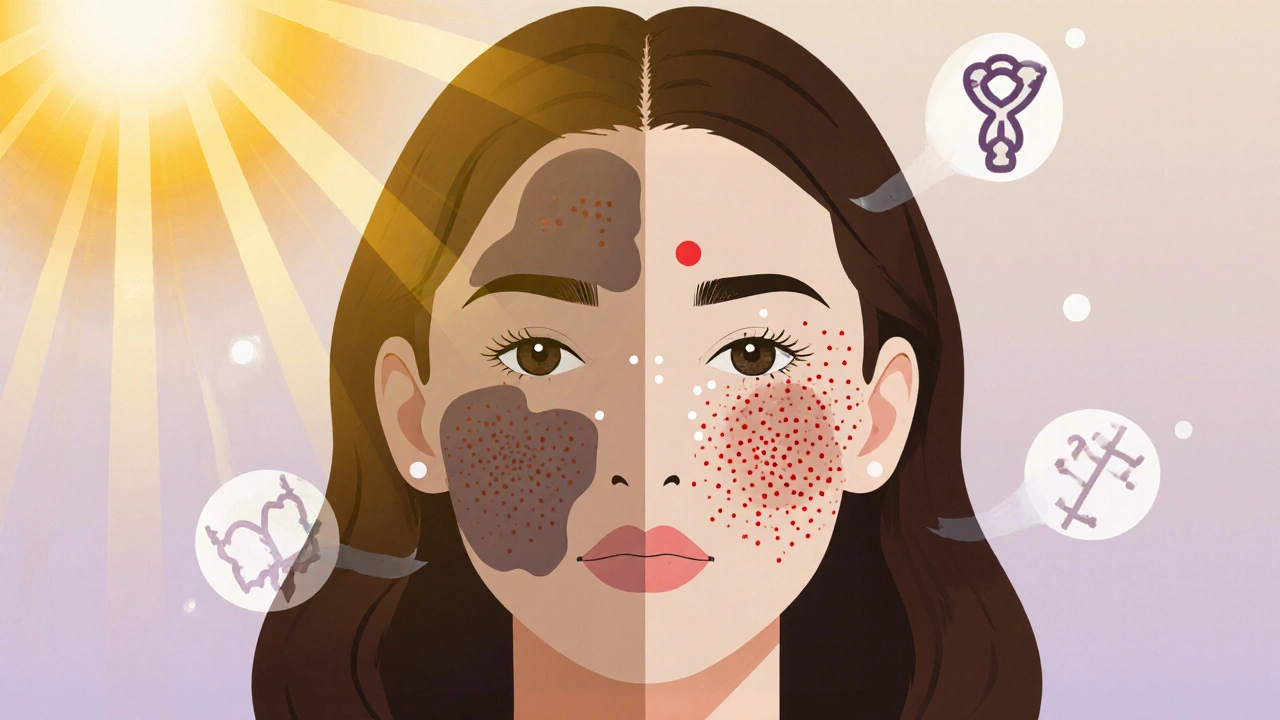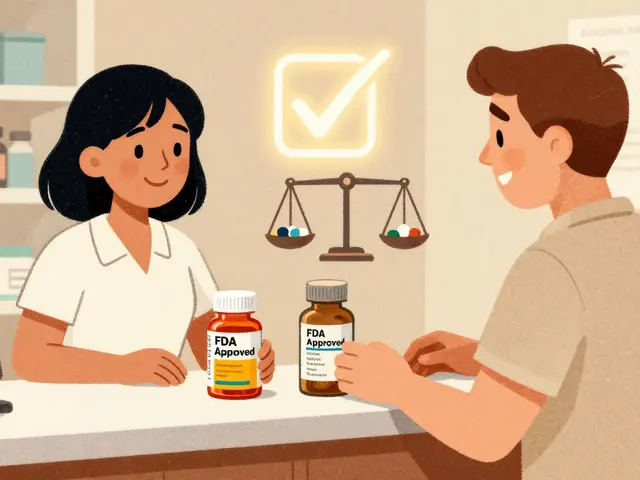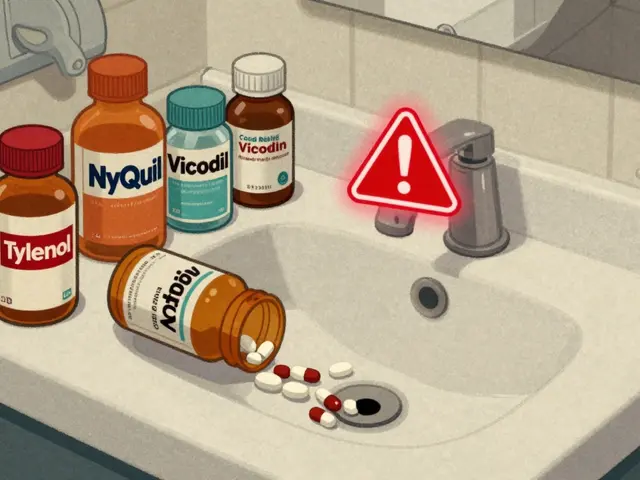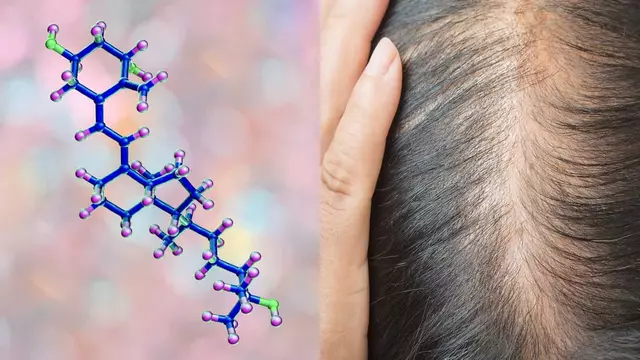Hyperpigmentation: Causes, Treatments, and What Really Works
When your skin makes too much melanin, the natural pigment that gives skin its color. Also known as skin darkening, it shows up as patches that are darker than your normal tone—commonly on the face, hands, or neck. This isn’t just a cosmetic issue; it’s your skin’s reaction to damage, hormones, or inflammation. You might notice it after a pimple heals, a sunburn fades, or even during pregnancy. It doesn’t hurt, but it can be frustrating because it doesn’t always go away on its own.
Skin discoloration, a broad term covering uneven tone, dark spots, and patches. Also known as pigmentary changes, it’s often linked to sun exposure, the biggest trigger for excess melanin production. UV rays tell your skin to produce more pigment as a defense, which is why dark spots get worse in summer or if you skip sunscreen. Other causes include acne scars, hormonal shifts like melasma, and even some medications. What most people don’t realize is that scrubbing, bleaching, or using harsh products can actually make it worse by irritating the skin and triggering more pigment. The goal isn’t to remove pigment entirely—it’s to balance it.
Topical treatments, the most common and safest way to manage hyperpigmentation. Also known as skin-lightening creams, they include ingredients like hydroquinone, vitamin C, niacinamide, and azelaic acid—all proven to slow down melanin production or fade existing spots over time. You won’t see results overnight. Most need 8 to 12 weeks of consistent use. And no, natural remedies like lemon juice or apple cider vinegar aren’t safer alternatives—they can burn your skin and cause more darkening. What works best depends on your skin type, the cause of the pigmentation, and how long it’s been there. Some cases respond well to over-the-counter products. Others need prescription-strength formulas or procedures like chemical peels or lasers, which should only be done by a professional.
What you’ll find in the articles below isn’t a list of miracle cures. It’s a real look at what science backs up—what helps, what doesn’t, and what to avoid. You’ll see comparisons between treatments, how they work on different skin tones, and why some products promise more than they deliver. No fluff. No hype. Just what you need to know to make smarter choices for your skin.










